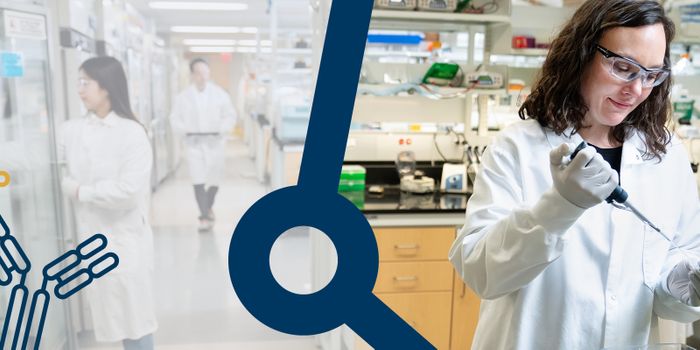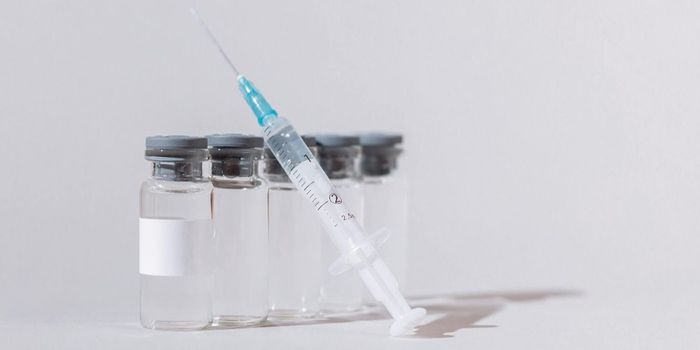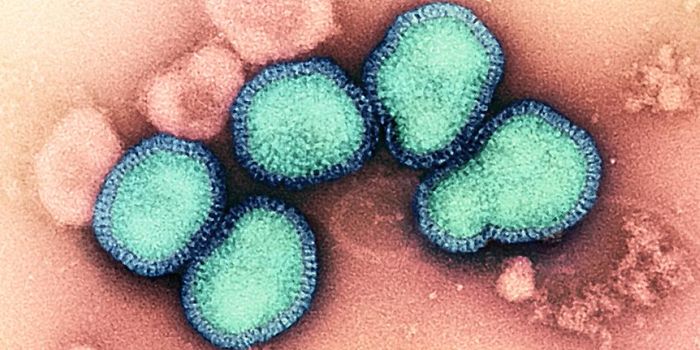Enhanced Hamster Cells as Super Drug Factories
Antibodies are highly specialized proteins produced by the immune system that stick on to foreign invaders in the body with exquisite specificity, marking them for destruction. Drug developers have harnessed these powerful molecules for their therapeutic effects—because they’re so specific, they have fewer side effects than other drug formats.
In recent years, antibodies have risen to become the top-selling drugs in the pharmaceutical market, used to treat patients with everything from cancer to autoimmune conditions. The downside, however, is that the process of manufacturing antibody drugs is extremely expensive.
Pharmaceutical manufacturers mass-produce these biologics using large cell culture vats containing Chinese hamster ovary (CHO) cells. These genetically engineered hamster cells divide quickly and flourish in these carefully controlled laboratory conditions, churning out antibody proteins that are subsequently purified as treatments. Keeping CHO cell factories going is costly due to the specially-formulated cell culture media they require.
Now, a research and industry collaboration has identified a way of turbocharging CHO cells to ramp up their antibody production, slashing drug production costs. Scientists at the Bioprocessing Technology Institute screened a library of nearly 3,000 small interfering RNAs (or siRNAs), short sequences of RNA that can regulate the expression of genes in cells. They discovered four gene targets that influenced antibody production levels in CHO cells, one of which was Cyp1a2.
Using CRISPR-Cas9 technology, the scientists then snipped out these genes and observed exciting changes in the resulting engineered CHO cells: they produced about 1.7 times more antibodies than the unaltered cells. The researchers hypothesize that future work to screen more siRNA libraries will reveal even more potential drug targets that could further boost biotherapeutic manufacturing outputs.









